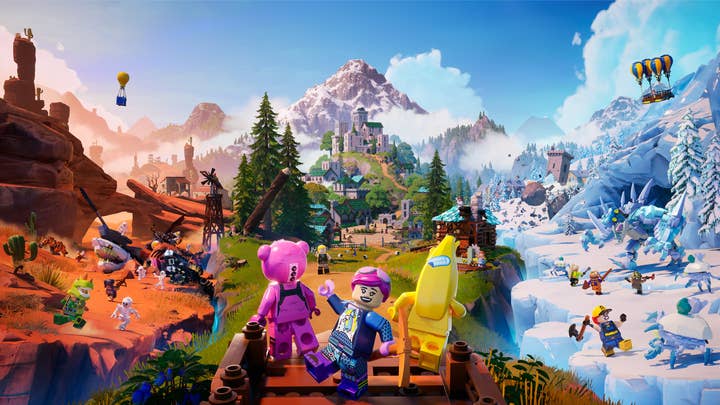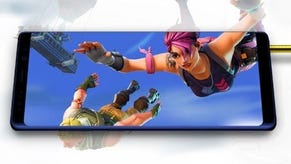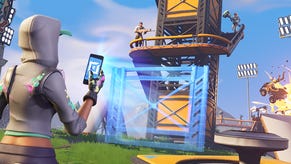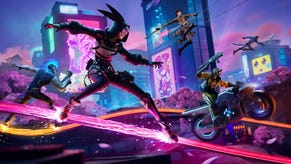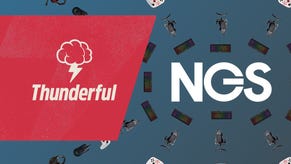Lego Fortnite is first step towards Epic and Lego's kid-friendly metaverse
Epic continues to grow Fortnite as a platform with Psyonix's Rocket Racing and Harmonix's Fortnite Music Festival
Sign up for the GI Daily here to get the biggest news straight to your inbox
Epic has ramped up its plans to establish Fortnite as a metaverse with the launch of Lego Fortnite – the debut product of a long-term partnership with Lego, and the first of three key release within Fortnite over the coming days.
Going live as a new mode in Fortnite yesterday (December 7), Lego Fortnite is a survival-focused co-operative game where players can explore worlds made out of Lego, build villages, and take on monsters and pirates together.
The partnership between Lego and Epic Games was announced back in April, with the two companies saying there were collaborating to create a child-friendly metaverse.
More Lego-themed games within Fortnite will be unveiled early next year.
Another aspect of this partnership will be the collaborative work to introduce Lego elements into the tools of Fortnite's Creative Mode and Unreal Engine for Fornite, which are expected to be released next year.
Lego is also working with Epic on the use of Unreal Engine for animated series Lego Dreamzzz and Lego Ninjago.
Later today (December 8), Epic Games will also launch Rocket Racing, another Fortnite mode developed by Rocket League creator Psyonix, which Epic acquired in 2019. As the name suggests, it's an arcade racing game.
Finally, tomorrow (December 9) will see the addition of Fortnite Festival, a multiplayer music game from Rock Band developer Harmonix, acquired in 2021. Epic describes this mode as "the beginning of music gaming in Fortnite."
Epic Games has been discussing its metaverse ambitions for years, co-founding the Metaverse Standards Forum with PlayStation, Microsoft and Unity last year and raising at least $3 billion from investors to pursue its vision.
That vision took a significant leap forward earlier with the beta release of Unreal Engine for Fortnite, which allows players and developers to create their own 'islands' within Fortnite – essentially, their own games and virtual spaces. As our contributing editor Rob Fahey suggested, this may deliver on some of the promises so many metaverse advocates have been making in recent years.
When Epic and Lego announced their partnership earlier this year, the emphasis was on the importance of safety in the metaverse, especially when it comes to younger users.
Part of Epic's solution to this has been introducing IARC age ratings to Fortnite's Creative Mode, with unrated creations threatened with deletion last month.
However, this created problems for users as the ratings also applied to skins, with characters that carry guns or are from R-rated properties unusable in creative maps rated for younger players.
Epic Games has disabled cosmetic gating until it can find a long-term solution.
Sign up for the GI Daily here to get the biggest news straight to your inbox
